Review: The Bear, "Forever" | Season 3, Episode 10
"Save it for Later" was foreshadowing for a frustratingly withholding finale
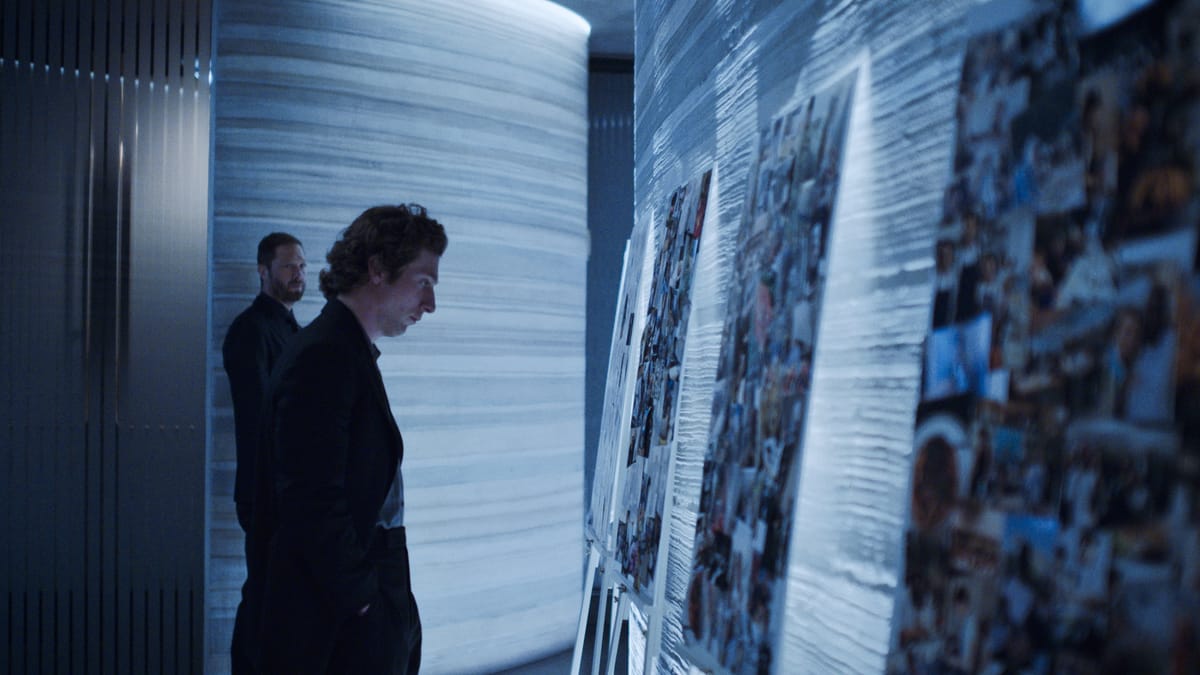
“It’s not the food they remember—it’s the people.”
The “To Be Continued” at the end of “Forever” is so confusing.
First and foremost, the show hasn’t formally been renewed for a fourth season—Deadline reported in March that the show was rolling production into a fourth season for logistical reasons, but that report was never confirmed, and FX still hasn’t formally renewed the series. But even if there were a fourth season renewal, why does the show have to tell us that the story will be continued? Of course it will be continued! This is a serialized television show, and thus the fourth season will no doubt be a continuation of what’s happened so far.
So why is it there? You could argue it’s there because the show leaves us on a cliffhanger, as the Chicago Tribune has finally published its review of The Bear and Carmy’s got numerous missed calls and messages from Cicero and the Computer. But again, why do we need the point underlined when the fact seems so obvious? We’ve seen cliffhangers before, and know that they implicitly promise resolution.
Ultimately, my best guess is that Christopher Storer is self-aware of the degree to which “Forever” punts on the character arcs that the season has ostensibly focused on, and “To Be Continued” is a half-hearted—and undercooked—apologia for the choices made in this finale. I didn’t expect for everything to be wrapped up in a neat bow, but to put Carmy in a room with both Richie and Sydney and achieve so little resolution to the tension that’s surrounded their dynamic all season is borderline sociopathic. Whatever thematic catharsis comes from this finale’s rumination on chefs and their inspiration lacks impact when its only tie to the ostensible subject of the show—the restaurant our characters work at—is done through memories and flashes, and leaving so much of the show’s work unresolved is deeply unsatisfying.
There’s little to say here about any character other than Carmy. Richie has some nice moments with his former co-workers at Ever, but we don’t see him self-actualize in any meaningful way on the subjects that he’s focused on all season (his ex-wife’s wedding, for example). Sydney takes in everything the chefs are saying and processes her experience with Carmy to date, but other than the show really hitting the “he’s like a brother to her, shippers stand down” button we’re left in the same place of indecision that the character has existed in since Shapiro’s offer first arrived. Putting off the conversation with Carmy makes sense for someone who’s got a history of failed businesses and panic attacks, but this is the show’s central relationship and the two characters didn’t even get a chance to speak meaningfully in the finale. The same goes for Carmy and Richie, who are effectively ships passing in the night.
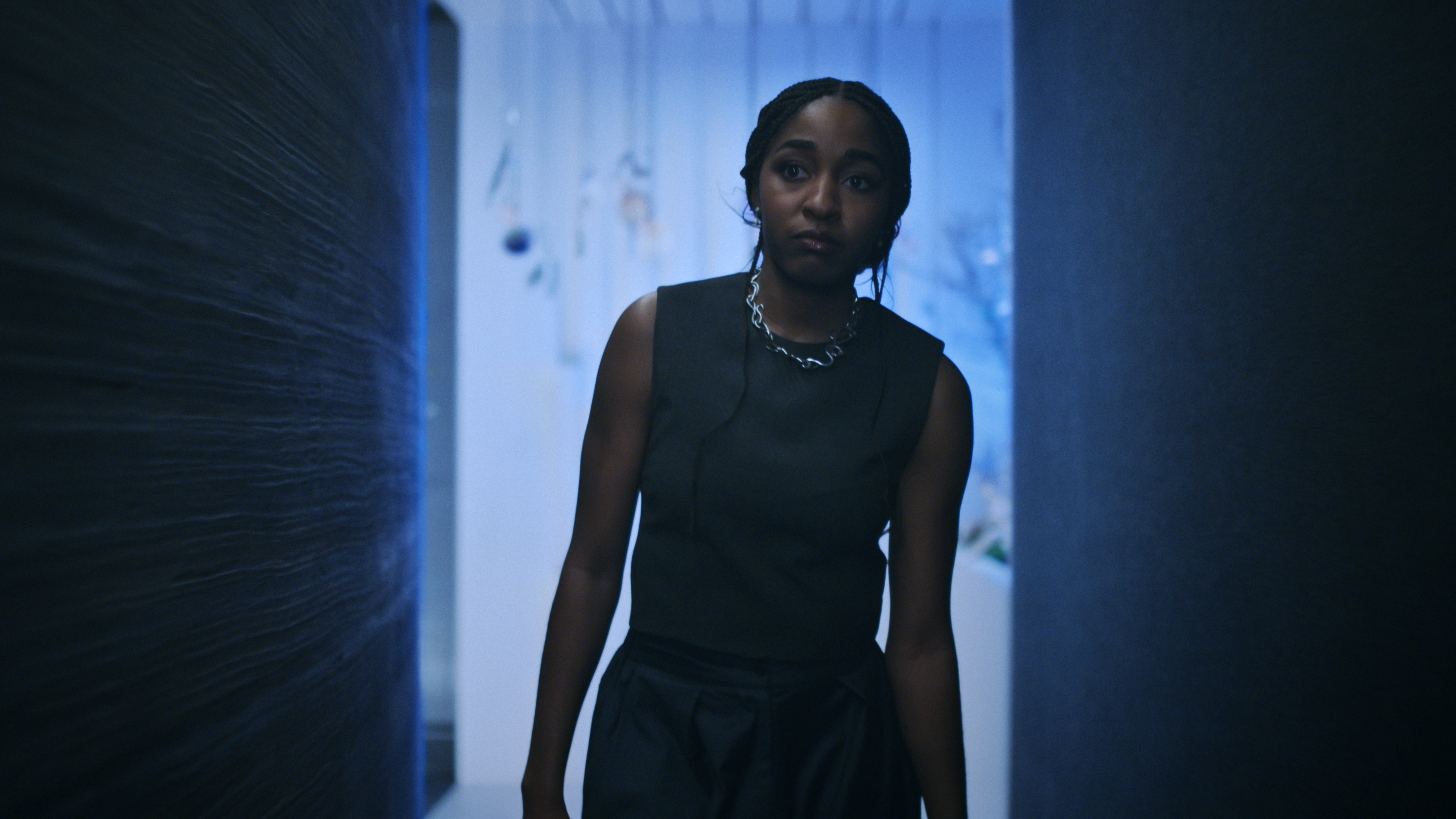
At least those characters get to have a significant presence: while the rest of the crew do get to hang out with Andrea Terry and her staff at Sydney’s apartment, and we get those flashes of the “family” of The Bear interspersed with the stories, setting the finale of The Bear anywhere other than The Bear feels weird. And while there were some chef stories that had some nice thematic intersections with what the show has been addressing all season, others felt redundant or excessive. Admittedly, this is coming from the perspective of someone who only recognized a handful of the chefs in question, but there’s a difference between a chef cameo in flashback (where it’s informing Carmy’s mindset) and an episode devoted so extensively to chef cameos at a time when the actual characters have so much they’re going through.
I understand that The Bear wants to be a show about the idea of being a chef, and obviously this almost documentary-style exploration of the profession is in line with that. I’m presuming that none of the chefs’ dialogue was formally scripted, barring perhaps some loose parameters to allow for thematic resonance. The issue of mentorship has run throughout the season, and certainly the editing underlined when certain stories hit home for Carmy (as someone struggling to sort through his own experiences to extend to his own staff) and Sydney (as someone living through the consequences thereof). But it’s hard to argue that the time the episode had was better spent with one-off cameos as opposed to scenes like Luca and Sydney talking over their childhood experiences where the writers can craft to get the story moving into place more explicitly.
There’s more resolution for Carmy here than the other characters, but even that becomes incredibly limited. Yes, he finally sees David for real this time, and not just as his nightmares coming to life—he gets the catharsis he has craved when he gets to tell him off, but it doesn’t relieve the pressure in the way he hoped it would. In fact, David even argues that he should be thanking him, because all the trauma is also the reason he became an excellent chef instead of just an okay one. There’s a lot to process in that response: it’s technically the validation that Carmy always craved from David, but in a way that forces him to accept the way he was treated, which seems a bridge too far. And if that had been the only demon Carmy has been chasing through the season, you could argue this finale brought the story full circle.
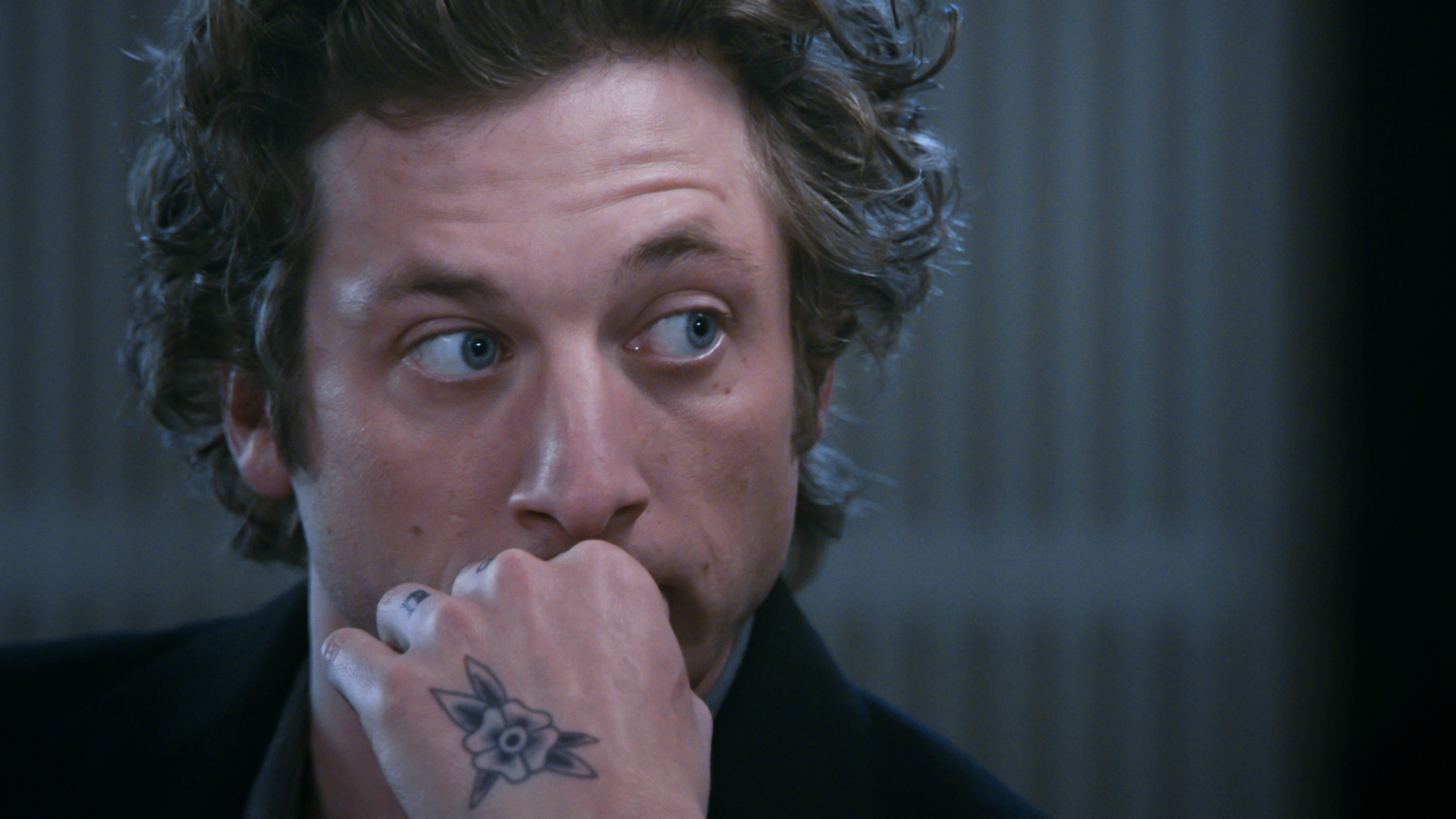
That was, however, far from the only demon. We still have his relationships with both Donna and Claire hanging over the show, and while the finale wouldn’t have been improved by shoe-horning in some voicemails or something of the story, it would have at least been a clearer acknowledgment of the multitudinous nature of his mental health struggles. And because we never get to see him interact with Sydney again after his conversation with Chef Terry—sorry, Angela—there’s not even any real sense of how he responded to David’s provocation. It would be one thing if the story prioritized Carmy, since the season started in such an isolated place within his brain. But to have him disconnect from the character relationships he’s been struggling with all season and then given the review cliffhanger that—again—he’s the only one who knows the true stakes of? It’s just plain ineffective.
I’m sympathetic to the idea that this is thematically appropriate for these characters and their journeys, but that doesn’t mean the resulting finale won’t lead to the depreciation of the season as a whole. There’s a true joy in the montage of party scenes featuring The Bear and Ever’s staff merging together, but there’s nothing behind it narratively—the Faks brought a keg, Marcus and Tina are having a blast, and that’s got nothing to do with anything that happened in the season thus far. Andrea tells Carmy that because he’s young, he doesn’t actually know what he’s doing, and so he’s “invincible.” It’s weird advice to someone whose financing could be about to collapse, mind you, but it strikes me as crucial to the apologia of it all. Does Storer believe The Bear is so invincible that it could end its season with resolution to precisely one conflict, and that this conflict could be the one-sided fight Carmy has been in with his tyrannical ex-employer?
I’ve largely viewed the “backlash”—I don’t love this word in any circumstance, and it feels wrong here—that I’ve seen around the season with some skepticism, since season three to this point was mostly just lightly amplifying qualities that were part of the show from the beginning. It’s always approached pacing with a loose hand, and while that was less of an issue in the first season (because everything was new) and the second season (because there was a procedural goal in place), I could still see a satisfying season coming from that approach. But when you’re operating without those same structural advantages, your finale matters infinitely more, and “Forever” is a swing and a miss. Perhaps if I had aspirations to be a chef or cared more about restaurant culture, this exploratory journey into some of the industry’s greatest minds would have unlocked some deeper meaning. But I am a TV critic watching a TV show who wanted a finale that cared more about the larger narrative weight of this season of television, and this was decidedly not that.
It’s not the chef cameos we care about—it’s the actual characters.
Stray observations
- Earlier in the season, we saw a bunch of mockup reviews of The Bear, and at the time I presumed they were just in their heads. Do we think the same is true of all the words that Carmy has flash by him when he looks down at his phone? The staging of the scene is such that we can’t see his hands, and we never see any movement that suggests he actually opened the review—I am interpreting his reaction as simply a preemptive pessimism, without having actually read it. And with no text previews for Cicero and the Computer, I don’t think we really have any data to suggest whether it’s good or bad.
- Something about the way they shot Will Poulter (who is Extremely Large) greeting Jeremy Allen White (who is Not) made me think of those forced perspective shots in The Lord of the Rings.
- Including Bradley Cooper’s character from Kitchen Confidential on the board of photo memories from Ever? And people say this isn’t a comedy.
- Okay, I did say The Bear was more of a Pinkerton show, but “In The Garage” also felt pretty thematically appropriate. I’ll allow it.
- I thought at the very least that we’d get some resolution to the moderate sexual tension between Richie and Jessica (Sarah Ramos), especially after his discussion about his daughter thinking he’s alone, but nope. Meanwhile, anyone who’s trying to ship Sydney with Carmy after she had such charming chemistry with Luca—who’s going to be in town for a while, just saying—is blind.
- This is mostly unrelated, but every time I think about Sarah Ramos I think about how insanely good Dylan O’Brien was in her quarantine recreation of The Social Network, and I think Dylan O’Brien has the right energy to be a part of this universe too.
- So based on what we know, they absolutely did film at least part of season four when they were completing season three, probably because of actors’ schedules (like Ebon Moss-Bachrach’s upcoming Marvel commitments). But although I’ve seen some suggestions otherwise, there’s no world where those episodes come any sooner, because it would mean two seasons being eligible in the same Emmys year. It just isn’t happening.
- And thus concludes my begrudging acknowledgment that despite its binge release, The Bear is a significant enough discursive force in television discourse that I must commit time and resources to cover it even though the short duration of these reviews makes it a bad financial commitment compared to longer-running series. I hope these reviews have served as a valuable companion in your respective journeys with the series, and appreciate the dialogue we’ve been able to create as I work through my own feelings.
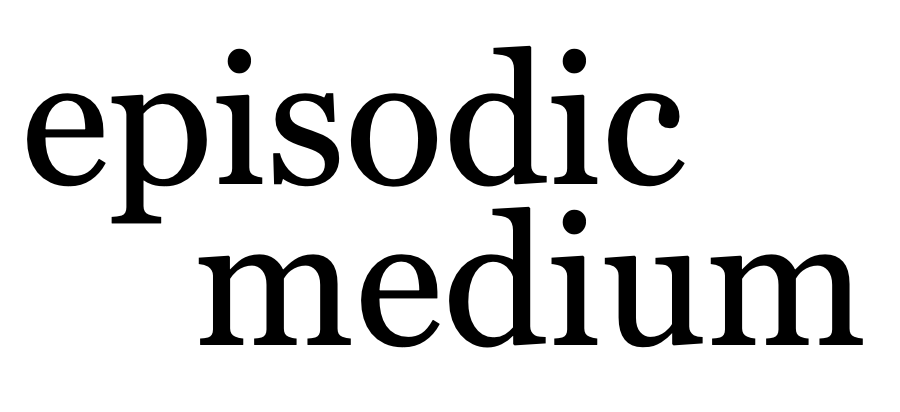
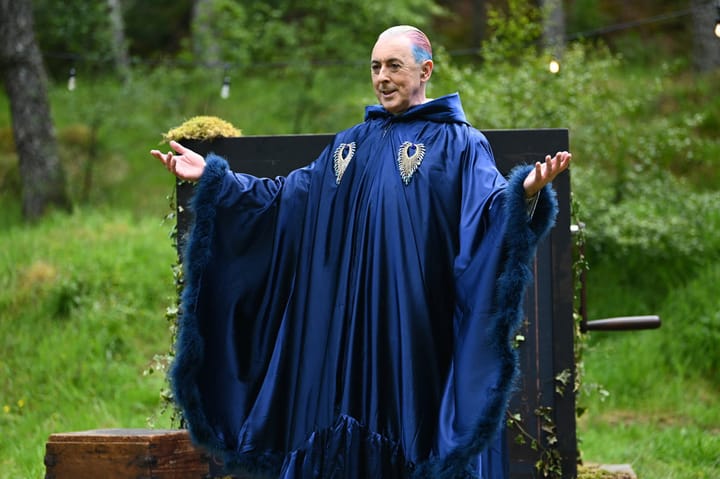
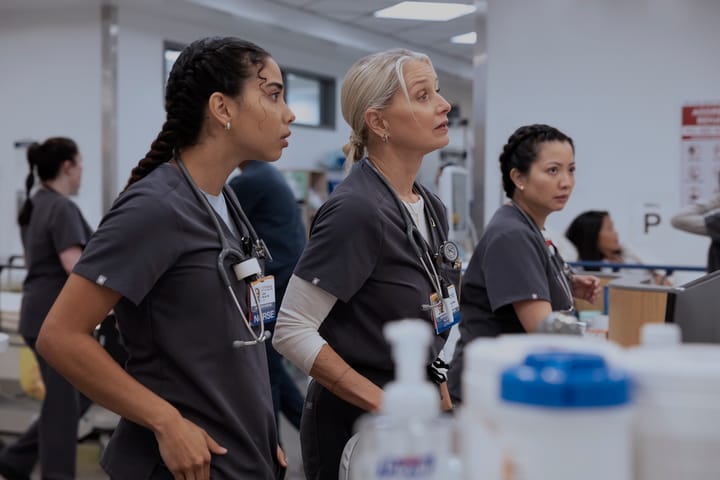
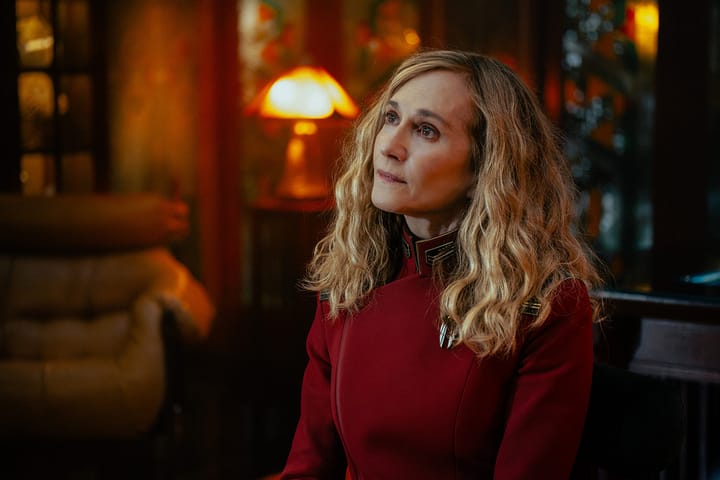
Comments ()